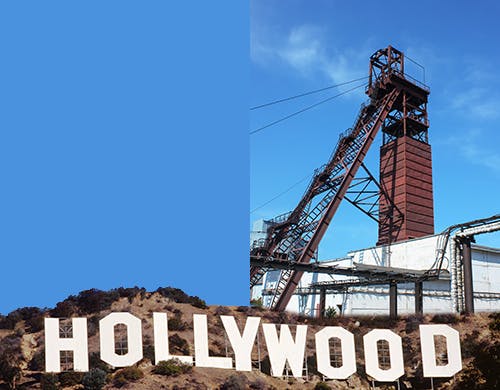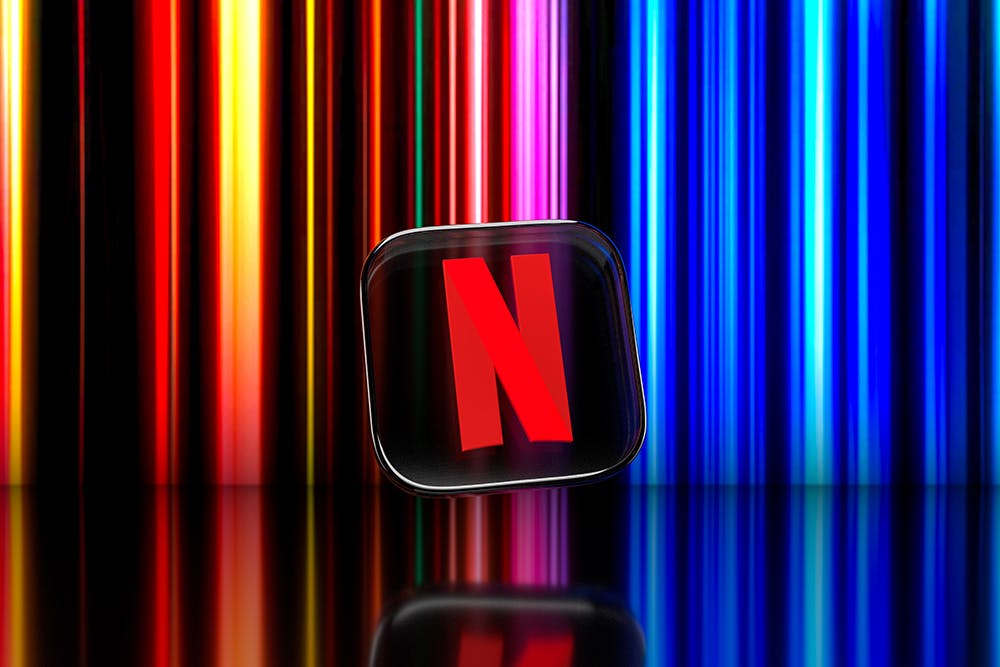Since the announcement of simultaneous strikes in the USA by the Writers Guild of America (WGA) and the Screen Actors Guild (SAG), countless words have been written on the reasons behind it and the possible outcomes. It is without doubt an emotive situation and I have no wish to enter the fray.
However, given the extensive network we have through our work at SRI, and being curious to explore the perspective from this (British) side of the Atlantic, under cover of anonymity I sought the thoughts of a cross-section of very senior executives with a depth of experience from across the UK and international broadcasting and production sector. As one pointed out, this is not going to be resolved overnight and is more likely to last months than weeks – simply because despite both sides wanting to resolve this, they are fundamentally apart on key principles.
The drive to create the next generation of entertainment platforms for the studios and tech operators (Amazon, Apple, Google) has hugely inflated production costs as demand for exclusive content with the best talent and known IP has grown exponentially. In more than a nod to the need for profit, these platform owners have now promised Wall Street they will reduce costs and focus on bottom line performance rather than subscriber growth. However, conceding higher costs to a much wider set of participants (not just the A list) will make this far more difficult; the Writers and Actors see the large profits now being made by Netflix, plus equity values associated with these new platforms, and they want a fair share in that value creation. Accordingly, whilst the Actors and Writers are also being asked to concede rights and “ownership” of their work, their images, voice, and character, this could run and run.
So, what is the current view from the UK? And on the basis that there is always a silver lining, who might be the beneficiaries in the meantime?
The Global Sales and Distribution Executive
“The consequences of a sustained strike will undoubtedly negatively impact the UK production sector. Already the UK was feeling the squeeze of the platforms reducing the amount of content they produce as they seek to cut costs. 12 months ago, all the studio facilities had long term forward bookings for their stages and sound studios, but this has dried up very quickly and some are already at less than full capacity. Both the UK Writers and Actors (Equity) guilds have come out in support of their US counterparts, and they are conscious that any participation or support to the Streamers would preclude any long-term ambition to join the guilds in America (required to get local US production commissions) as well as undermining their own collective negotiating positions. It’s also worth noting that whilst we have a thriving independent production sector – a huge number of those productions (especially the Streamer commissions) have US talent – writing, acting, directing, and without them they will likely further reduce their commissions. There are probably 15+ TV series that are going to be delayed and not progress production in the UK whilst the strike remains in force – which at 6-8 episodes each probably represents over $1bn of production budget impacted in the UK. ”
The UK Scripted Production Company Executive
“The strikes just add further uncertainty to the production landscape in the UK. On the one hand there may be opportunity for UK producers to help US buyers fill their schedule through more direct commissioning and a resurgence of the co-production market, but on the other, it may be that they just reduce the commissioning dollars in the system, and we all lose. Only time will tell.”
The International US Studio Executive
“The supply gap will certainly drive some tactical gains, particularly for lower budget series that can be financed ex-Domestic and in terms of first run licensing. But bigger picture opportunity feels unlikely, given the buy-side constraints that pre-date the strikes, the lead times for scripted programming, and the systemic importance of the US business to our industry overall.”
The Network Content Acquisition Executive
“On initial take the strike provides an opportunity for British and international content, but there’s a few things limiting the prospect of that. First, the streaming growth correction of last year and a soft advertiser market has suppressed acquisition budgets across the board. Secondly, now we are in post peak era TV, there is a bulk of US content that can still be windowed and exploited before US buyers will look further afield; and thirdly top UK talent that resonates, often has SAG affiliation. Unscripted, reality, animation and sports will all benefit, but there’s no quick silver lining for British scripted content in this situation.”
The UK Broadcast Executive
“I think it’s a neat flow to think that UK scripted productions might flourish while the US strikes, but I think the reality is that US and UK writers and actors won’t want to make anything by the back door. UK talent are sympathetic to the strike and are even considering not promoting shows they have made under Equity. One element that might now get reinvigorated is non-scripted. With streamers slowing down, the UK scripted market has had some of the insane heat taken out of it (that said it’s still very hot). Previously there was a hope non-scripted might be the beneficiary, but really people wanted to spend less overall. Now, given choices, non-scripted might get its mojo back over here.”




